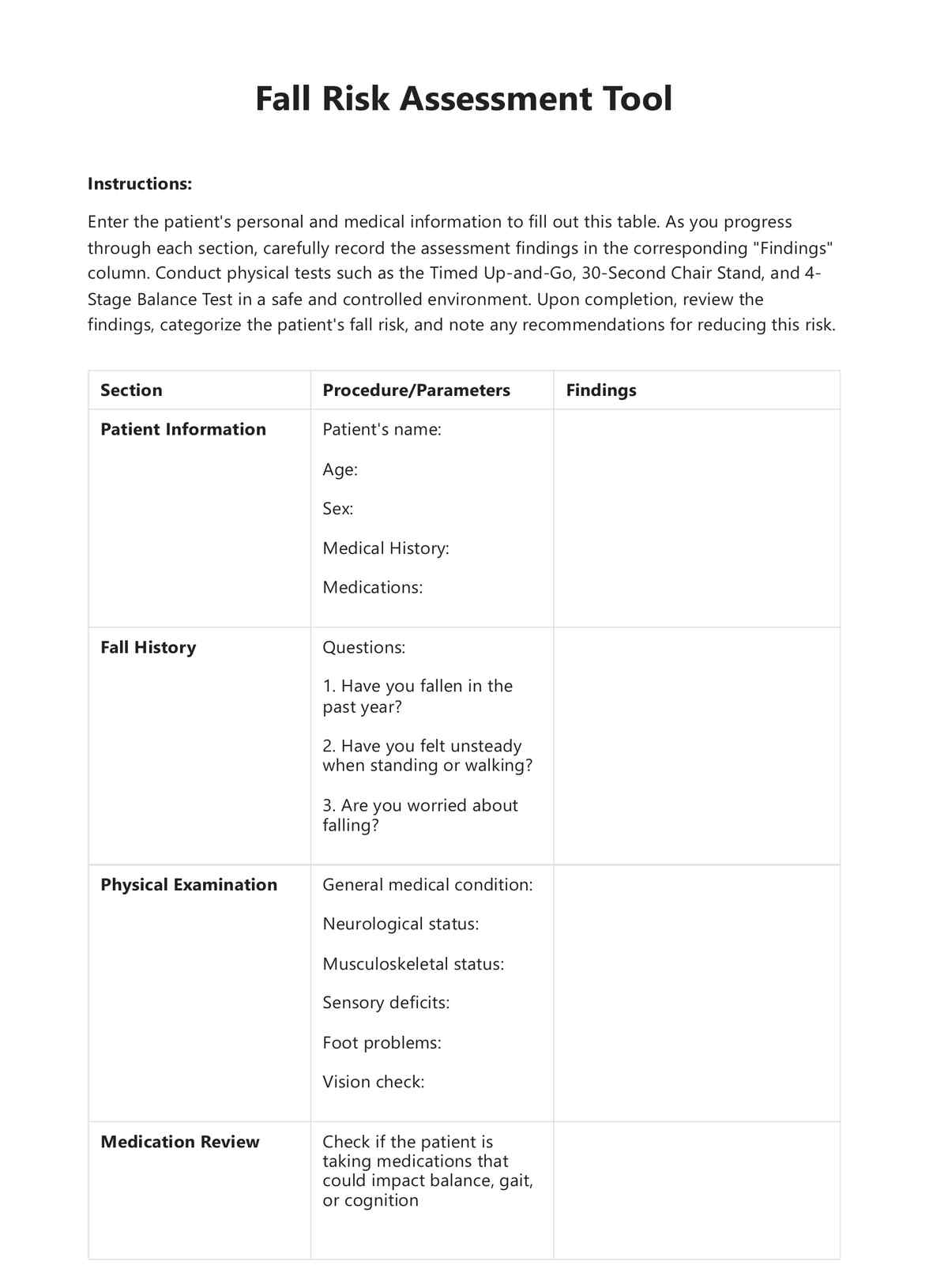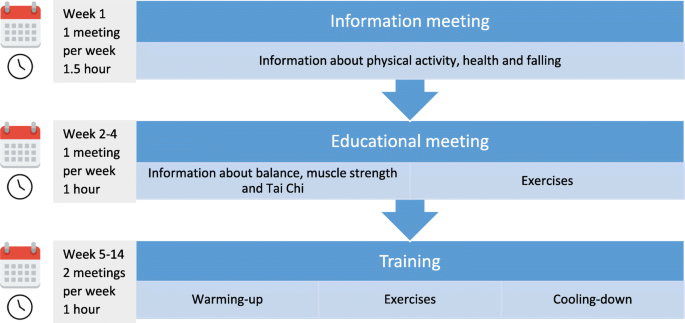How Dementia Fall Risk can Save You Time, Stress, and Money.
How Dementia Fall Risk can Save You Time, Stress, and Money.
Blog Article
The Ultimate Guide To Dementia Fall Risk
Table of ContentsDementia Fall Risk - An OverviewNot known Details About Dementia Fall Risk All about Dementia Fall RiskLittle Known Facts About Dementia Fall Risk.8 Easy Facts About Dementia Fall Risk Explained
In the community, insufficient road illumination or vulnerable creeks and land fills may likewise cause mishaps. Falls Danger Assessment Tool (FRAT) is a 4-item falls-risk testing tool for sub-acute and household care. The FRAT has 3 sections: drop risk status, danger variable checklist, and activity strategy. A Fall Danger Status consists of information about history of current drops, medicines, emotional and cognitive standing of the client.If the individual ratings on a threat factor, the corresponding number of points are counted to the client's autumn danger rating in package to the much appropriate. If an individual's loss threat rating amounts to 5 or higher, the person is at high threat for drops. If the person ratings just 4 points or lower, they are still at some danger of dropping, and the registered nurse must use their finest scientific analysis to take care of all autumn danger elements as part of a holistic treatment strategy.
These common techniques, as a whole, help create a secure atmosphere that reduces accidental drops and defines core preventive steps for all patients. Indicators are important for patients at threat for drops. Healthcare companies require to acknowledge who has the problem, for they are accountable for implementing activities to promote person security and prevent drops.
Dementia Fall Risk Things To Know Before You Get This
As an example, wristbands should consist of the individual's last and given name, date of birth, and NHS number in the UK. Information must be printed/written in black versus a white history. Just red color should be used to signify special client standing. These recommendations follow existing developments in individual recognition (Sevdalis et al., 2009).
Things that are also far might call for the individual to reach out or ambulate needlessly and can potentially be a threat or add to drops. Aids protect against the client from heading out of bed with no support. Registered nurses respond to fallers' phone call lights faster than they do to lights launched by non-fallers.
Aesthetic problems can greatly trigger falls. Hip pads, when worn appropriately, might lower a hip crack when autumn happens. Keeping the beds closer to the flooring decreases the risk of falls and major injury. Positioning the bed mattress on the flooring considerably minimizes loss threat in some medical care settings. Reduced beds are made to minimize the range an individual drops after moving out of bed.
The 2-Minute Rule for Dementia Fall Risk
Individuals who are tall and with weak leg muscle mass that attempt to remain on the bed from a standing position are most likely to drop onto the bed because it's as well low for them to decrease themselves safely. Likewise, if a tall person efforts to get up from a reduced bed without help, the person is likely to fall back down onto the bed or miss out on the bed and drop onto the floor.
They're made to advertise timely rescue, not to avoid falls from bed. Distinct alarms can also advise the individual not to stand up alone. Using alarms can additionally be a replacement for physical restrictions. Apart from bed alarm systems, raised guidance for high-risk clients likewise might aid stop falls.

Patients with a shuffling stride rise loss possibilities considerably. To decrease autumn risk, shoes must be with visit this website a little to no heel, thin soles with slip-resistant step, and support the ankle joints. Suggest person to use nonskid socks to stop the feet from sliding upon standing. Nonetheless, urge people to put on appropriate, well-fitting shoesnot nonskid socks for ambulation.
The Basic Principles Of Dementia Fall Risk
People, particularly older adults, have actually reduced aesthetic capacity. Lights an unfamiliar atmosphere aids raise presence if the person need to stand up at evening. In a study, homes with adequate lights report less falls (Ramulu et al., 2021). Renovation in lights in the house may reduce autumn rates in older grownups (Dementia Fall Risk). The usage of stride belts by all wellness care carriers can promote safety and security when assisting people with transfers from bed to chair.
.png)
Sitters work for ensuring a secure, protected, and risk-free setting. Nonetheless, researches demonstrated really low-certainty evidence that caretakers reduce autumn risk in acute care healthcare facilities and only moderate-certainty that choices like video clip surveillance can decrease sitter use without enhancing fall threat, suggesting that caretakers are not as helpful as initially thought (Greely et al., 2020).
The Best Strategy To Use For Dementia Fall Risk

Increased physical conditioning decreases the danger for falls and restricts injury that is received when fall takes place. Land and water-based workout programs may be in a similar way beneficial on equilibrium and stride and consequently minimize the click resources danger for falls. Water exercise may add a favorable advantage on balance and gait for ladies 65 years and older.
Chair Surge Workout is a simple sit-to-stand workout that assists enhance the muscle mass in the upper legs and butts and improves movement and self-reliance. The objective is to do Chair Surge workouts without utilizing hands as the customer ends up being more powerful. See resources area for a thorough guideline on just how to do Chair Increase workout.
Report this page